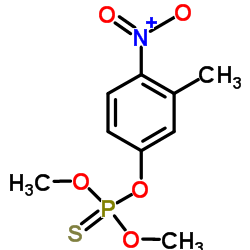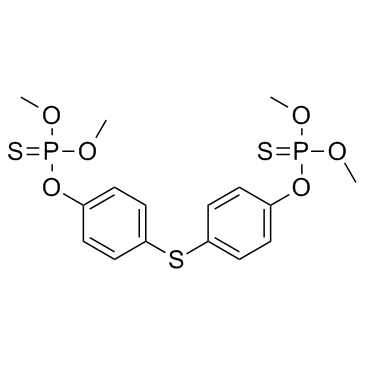| Structure | Name/CAS No. | Articles |
|---|---|---|
 |
Fenitrothion
CAS:122-14-5 |
|
 |
Temephos
CAS:3383-96-8 |